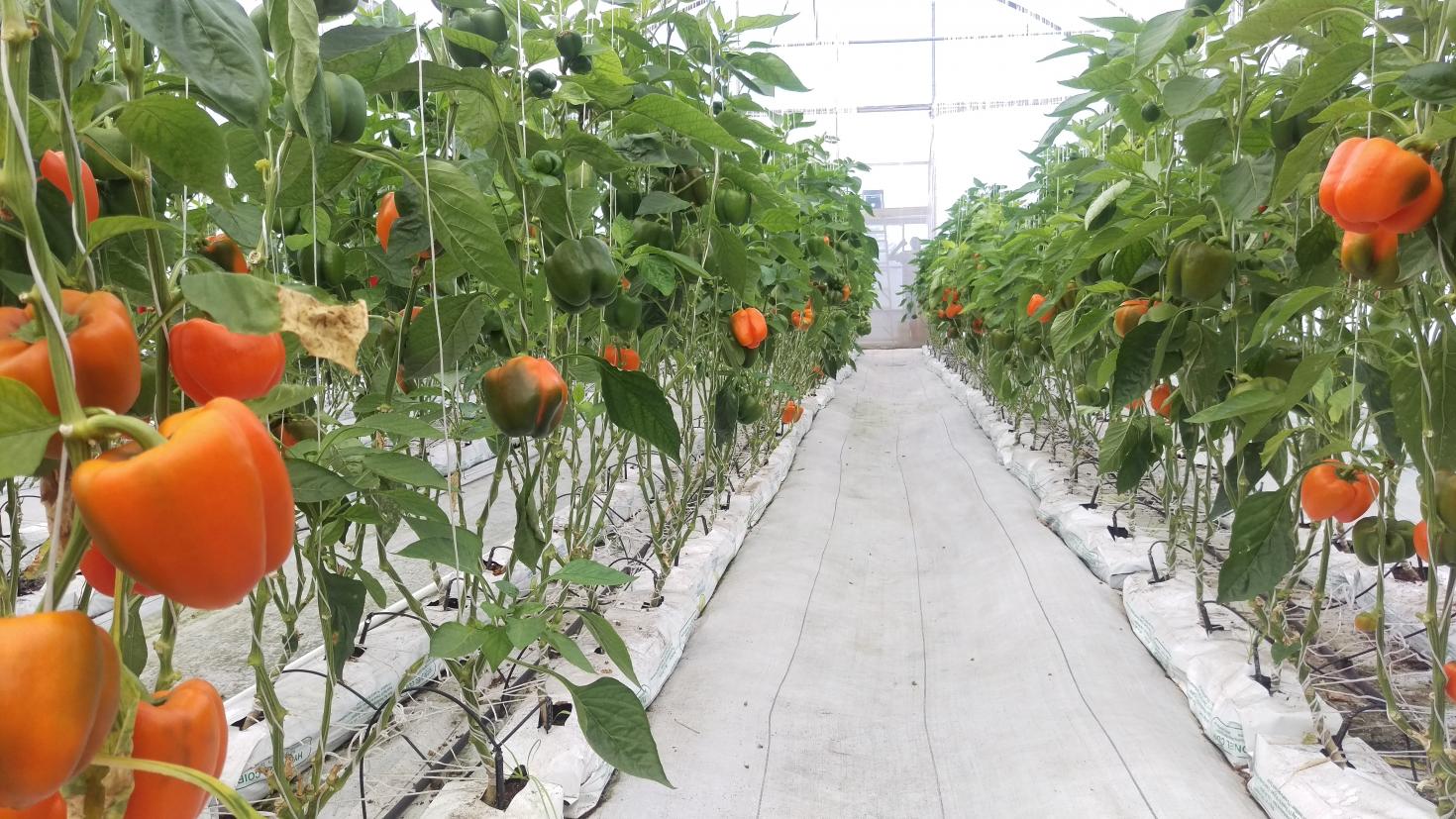The construction of a greenhouse, with support from IICA, will help reduce the cost of a school feeding programme that benefits 300 students.

Nevis, August 29, 2016 (IICA). At the beginning of the new school term, in September, the students from the Charlestown Primary School will have –for the first time– their own greenhouse, which will promote agricultural development in the school and will sustain the institution´s feeding programme.
The construction of the greenhouse was supervised by the Inter-American Institute for Cooperation on Agriculture and financed by the New Zealand High Commission in Barbados. Its construction will alleviate some of the difficulties that the school faced in its feeding programme, primarily related to the high cost of vegetables and other inputs, as well was the lack of local fresh products.
Each day, 265 students from the Charlestown Primary School and 35 students from the Special Education Unit are served a hot and nutritious lunch. The programme seeks to alleviate short term hunger, improve school enrolment, attendance and reduce dropout rates, and improve students’ learning and academic performance, provide a vehicle for micro-nutrient supplementation, contribute to the children’s psychological wellbeing and alleviate some of the costs of schooling.
“It is anticipated that the greenhouse will help to reduce the cost of the school feeding programme and at the same time, the children will be exposed to greenhouse technology”, stated Augustine Merchant, coordinator of the IICA Delegation in St. Kitts and Nevis.
The story
This interest in having a greenhouse began when IICA and the Caribbean Agricultural Research & Development Institute (CARDI) donated one to the Ministry of Agriculture in Nevis, under an agreement between the first two institutions.
The principal of the school was impressed with the growing of the crops, so she made a passionate plea to IICA to assist the school in procuring a greenhouse.
In response to this, IICA made a request to the New Zealand High Commission in Barbados and a grant of US$10,000 was made available to the school to construct the greenhouse. As a result, the greenhouse will be officially handed over to the school in September 2016, at the beginning of the new school term.
More information: augustine.merchant@iica.int











